
Coronavirus: can Hong Kong become a hub for traditional Chinese medicine? Exposure and experience from fifth Covid wave suggest so
- Experts note discussion on collaborative use of Western and Chinese medicines has already come under spotlight, with city set for a wider role in promoting sector
- Solutions for legal hurdles and more research evidence still needed for discipline to truly shine
Traditional Chinese medicine can play a bigger role in treating patients with severe diseases including Covid-19, experts have said, adding Hong Kong should strive to become a regional hub for the discipline by clearing legal hurdles for practitioners to further contribute.
Such medicine has been used mostly in rehabilitation treatment for recovered Covid-19 patients over the past two years, but the fifth wave of coronavirus infections has brought it into the public eye. As caseloads raged in March, city officials had pledged heavier use of traditional Chinese medicine, with visiting mainland experts touting its benefits, and packages distributed free to households.
“In the areas of providing care in emergencies and severe cases, if there is involvement of Chinese medicine, it could be one more option for patients,” said Professor Bian Zhaoxiang, associate vice-president of Chinese medicine development at Baptist University. He pointed to the collaborative impact of Chinese and Western medicine under such a move.
With a medical system in Hong Kong leaning towards Western medicine, Covid-19 patients treated by the traditional approach have only been those with mild or moderate conditions.
Efforts to introduce traditional Chinese medicine to Covid-19 treatment in Hong Kong started in April 2020, when up to 10 free rehabilitation sessions for recovered coronavirus patients were provided at the 18 public-funded Chinese medicine clinics citywide.
Since early last year, more than 360 Covid-19 patients have also received traditional treatment during their stay in facilities such as AsiaWorld-Expo and the North Lantau Hospital Hong Kong Infection Control Centre, which took in those with relatively stable conditions.
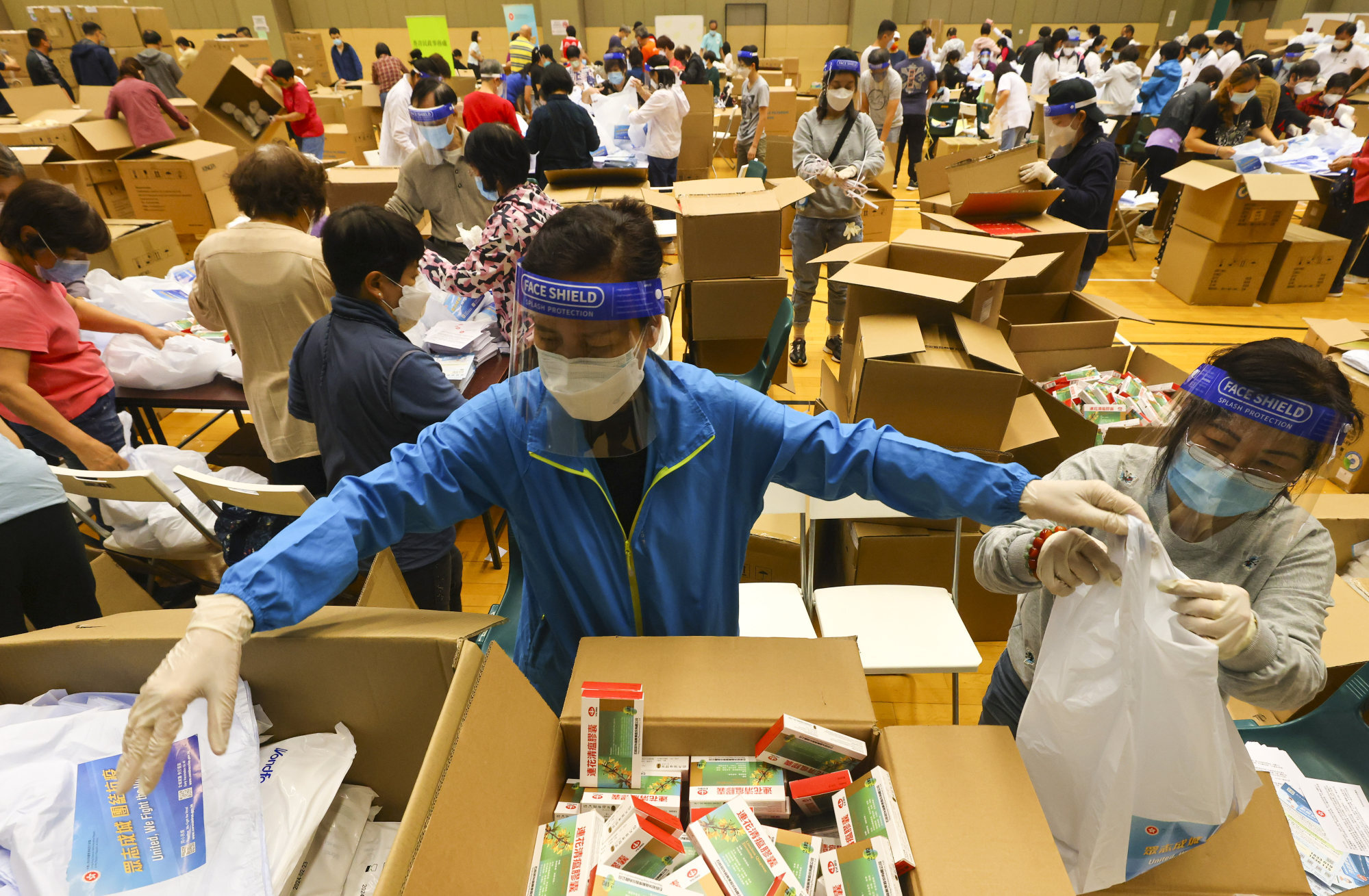
Covid-19 patients with severe or critical conditions were treated solely with Western medication.
The height of the Covid-19 fifth wave in Hong Kong, its worst so far, sparked a wider discussion of Chinese medicine. The city logged more than 50,000 cases at the peak of the outbreak, crippling the public healthcare system, while many patients were forced to isolate at home if they had mild or no symptoms.
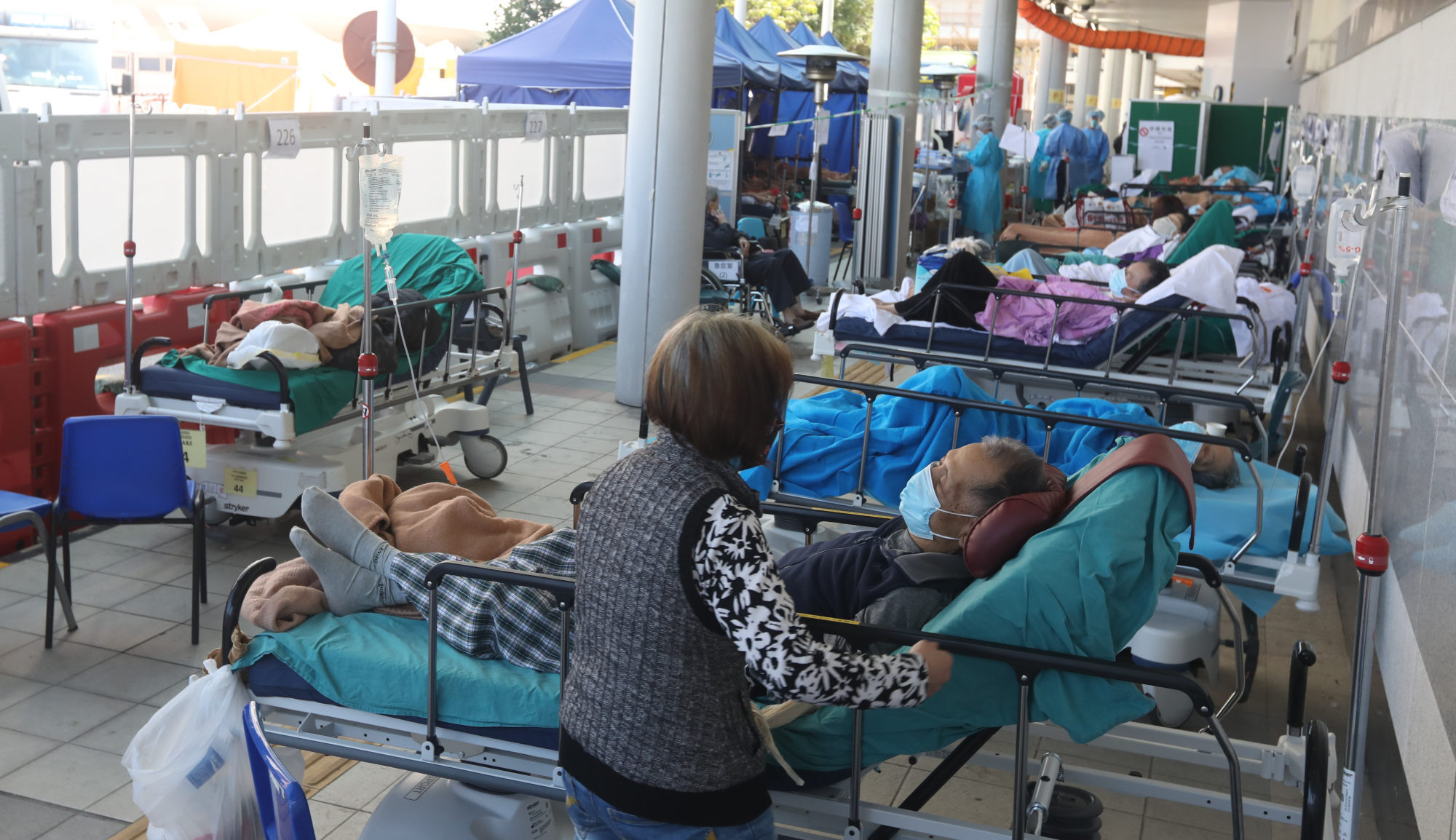
With over-the-counter supplies of pain relief and fever medicines depleted in late February as caseloads skyrocketed, more Chinese medicine clinics entered the fray to provide teleconsultations for people with mild Covid-19 symptoms who were staying at home.
Early this month, four Chinese medicine application protocols for different scenarios, namely on the use of proprietary products at home, treatment plan, rehabilitation and prevention, were also drafted for Hong Kong by mainland experts sent to the city to help combat the fifth wave.
Tong Xiaolin, who led the mainland team, urged the city to implement the “three-easies” approach when promoting the use of Chinese medicine: “easy to use” meant people at home had knowledge of their application; “easy to implement” implied standardising training for local practitioners, especially those working in community isolation facilities; “easy to access” pointed to how residents could readily obtain such products.
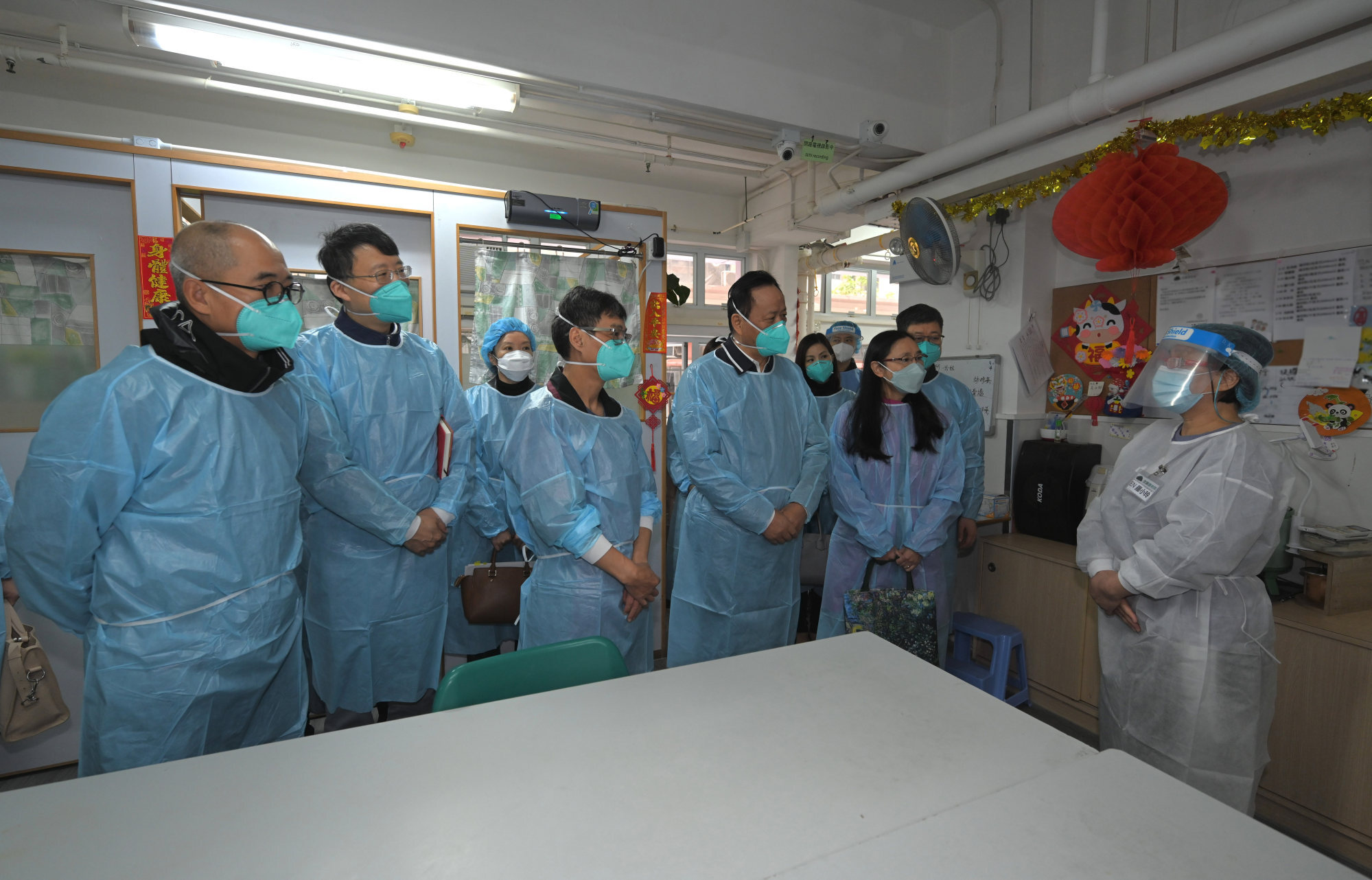
Drawing on mainland practices, Bian said clinical experiences showed that use of traditional Chinese medicine on severe Covid-19 patients could greatly reduce mortality rates.
Professor Feng Yibin, director of the University of Hong Kong’s (HKU) School of Chinese Medicine, added that mainland data showed integration of Chinese and Western medicines worked in treating Covid-19 patients, when compared with only the latter method.
But to enable Chinese medicine practitioners to be involved in treating severe patients, Bian said legal framework was needed to allow better integration of such methods into the city’s overall healthcare system.
One of them was the set-up of a qualification system to recognise certain practitioners fit for providing care for severe or emergency cases.
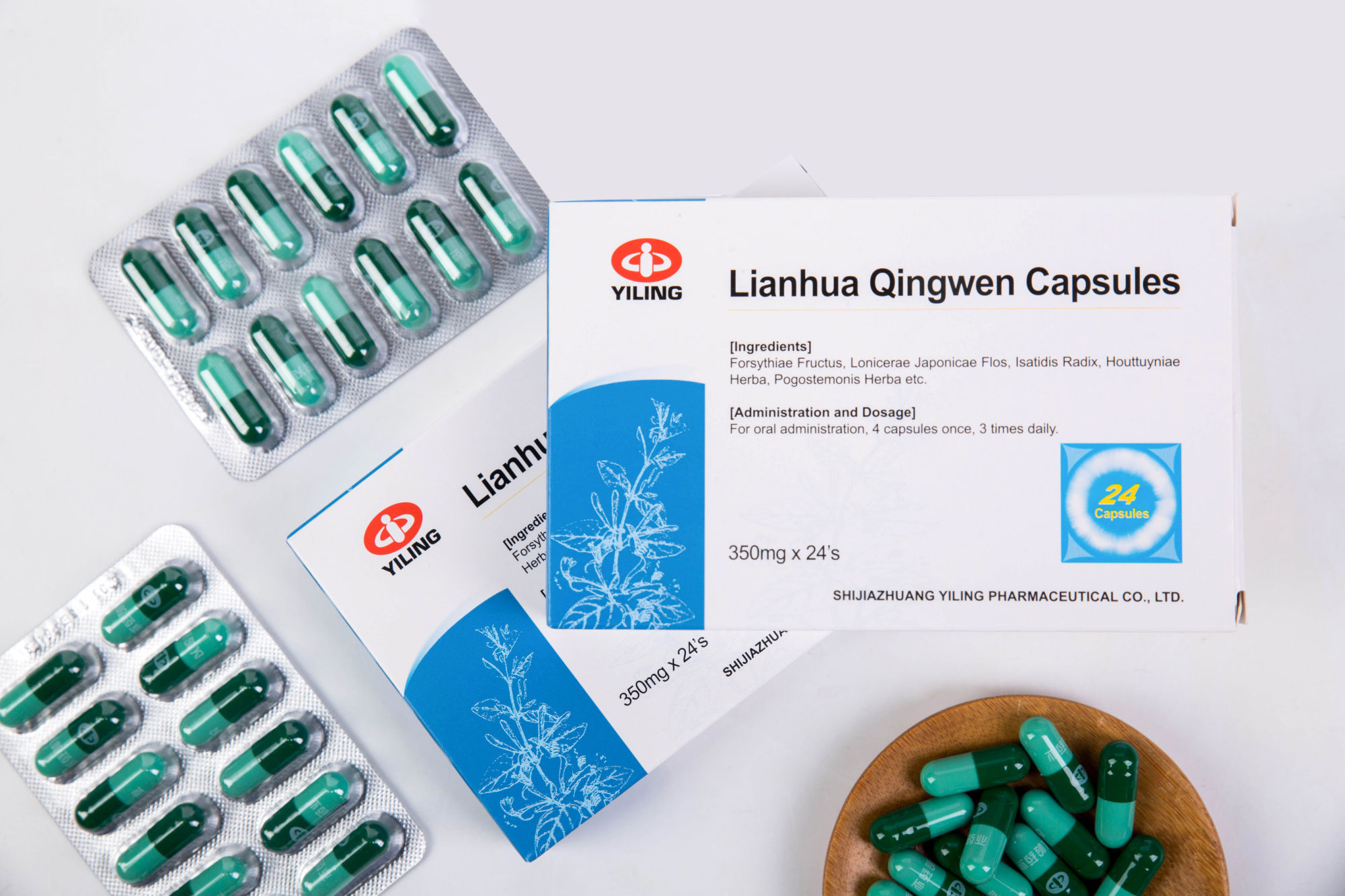
“It’s similar to Western medicine, in which not all doctors are qualified for emergency care, and not all doctors can treat severe cases,” Bian said. “For Chinese medicine, if we want to [allow practitioners to treat severe cases], we will need to start establishing relevant qualification framework – determining who’s qualified for treating severe cases ... and the training needed.
“We will need recognition from a legal perspective ... If we can solve this, it will be beneficial for the development of Chinese medicine in the long run.”
By introducing an idea similar to the specialist registration system currently used in Western medicine, Bian said this could also provide a clearer career pathway for young practitioners.
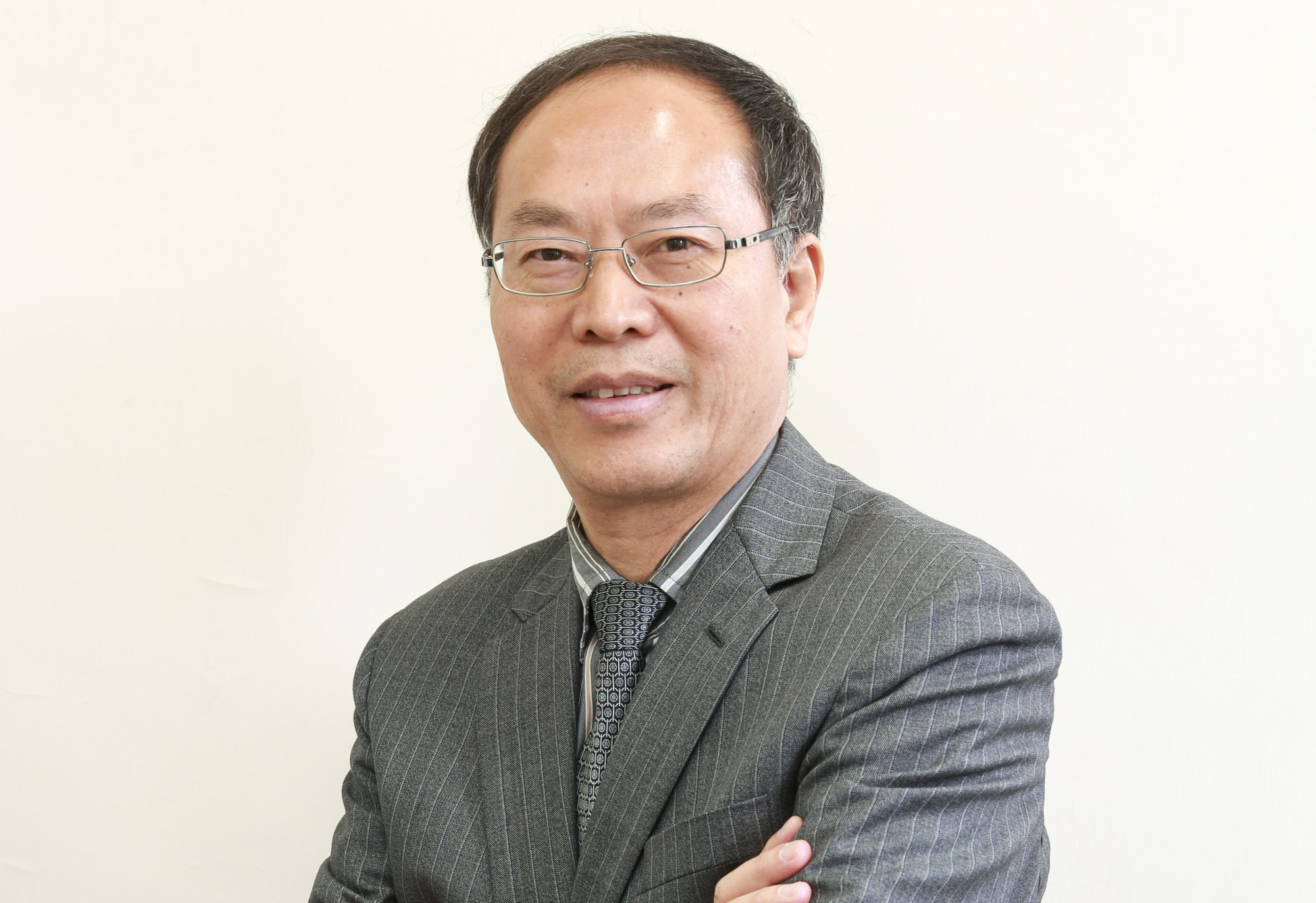
In her October policy address, Chief Executive Carrie Lam Cheng Yuet-ngor stated the government would explore empowering Chinese medicine practitioners to prescribe diagnostic imaging, such as X-rays and laboratory tests for patients.
She added this month that the government would look into removing some legal barriers to the development and application of Chinese medicine.
HKU’s Feng also struck an optimistic tone, suggesting it would be possible for traditional medicine to be administered on patients with severe Covid-19 symptoms or other serious illnesses. But he cautioned that more research evidence was needed to demonstrate the usefulness of Chinese medicine for severe Covid-19 cases.
In a World Health Organization report published last month that evaluated the use of traditional Chinese medicine on the treatment of Covid-19, the global body stated “evidence on the benefit of traditional Chinese medicine injection for severe cases is limited and further evaluation is critically needed”, though it recognised that there was promising data to suggest Chinese medicine was “beneficial in reducing the risk of progression from mild-to-moderate cases”.
A national retrospective registry study of 8,939 patients in 15 hospitals in mainland China in 2020 also found that the Covid-19 mortality was 1.2 per cent among those who had received traditional Chinese medicine, and 4.8 per cent among those who did not.
Experiences on the wider use of Chinese medicine on elderly Covid-19 patients in Hong Kong’s public healthcare system so far has yielded positive feedback from patients and sparked surging demand.
Feng, whose school has been providing Chinese medicine care to elderly patients in a holding centre at Choi Wing Road Sports Centre in Kwun Tong since early March, said herbal medications were given to patients to address symptoms such as fatigue, fever and cough.
“We had received responses from patients. After Chinese medicine treatment, they felt better,” Feng said, noting that so far around 25 per cent of the some 400 patients who had stayed in the centre had been given such treatment.
Baptist University has also started operating 393 beds in the Kai Tak Holding Centre since late March, providing care centred on Chinese medicine, herbal products as well as therapeutic massage, with the support of specialists from other fields such as doctors in Western medicine, pharmacists and social workers.
The telemedicine service offered by the university has also treated some 38,800 mild Covid-19 patients in the past two months.
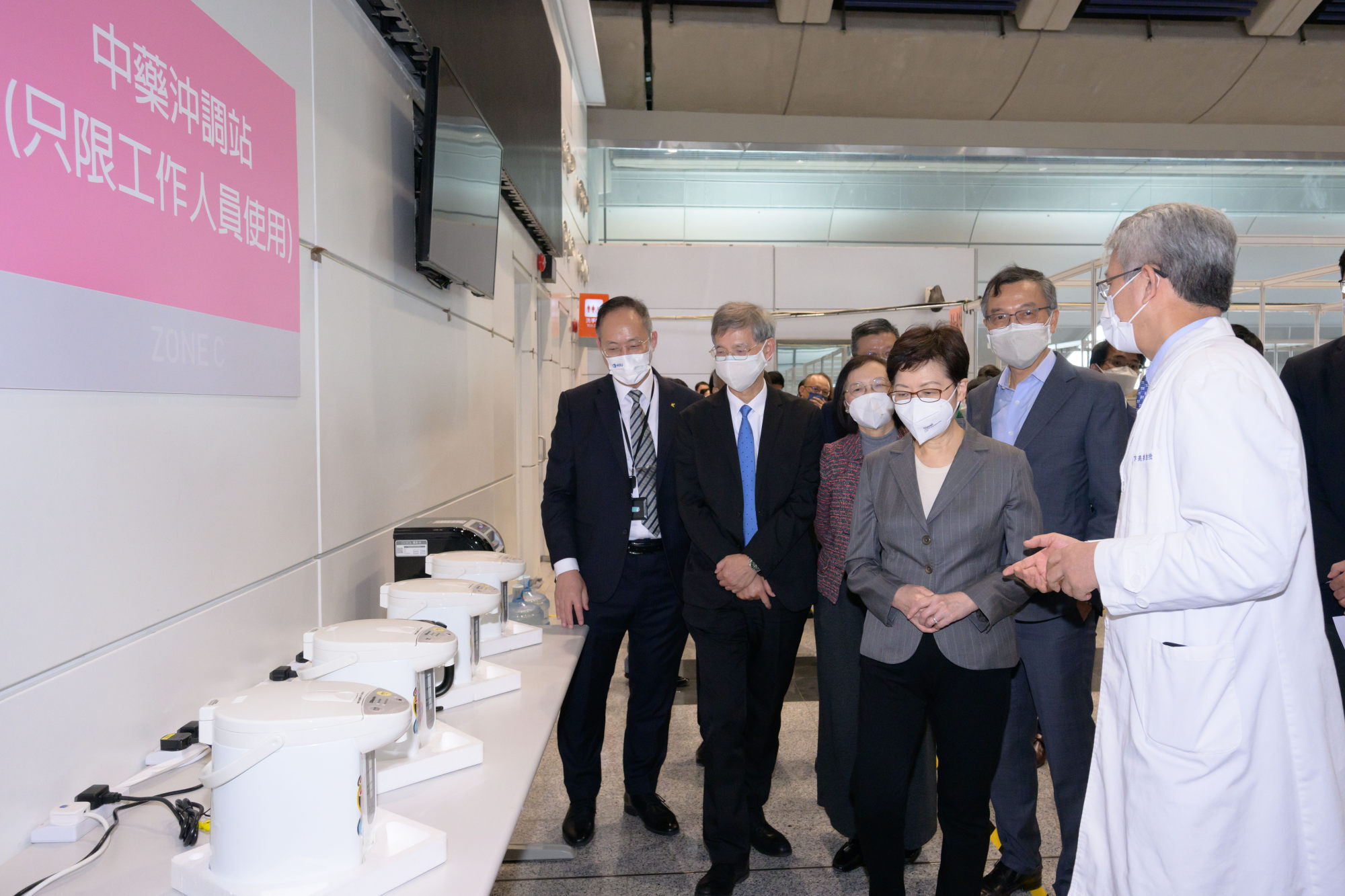
An increase in demand for Chinese medicine services for rehabilitation among recovered Covid-19 patients was also observed in the fifth wave. Rowena Wong How-wan, chief manager in Chinese medicine for the Hospital Authority, said the number of people seeking the service at its clinics had surged to as many as 1,500 daily, from around 30 to 50 in the first four waves.
About 5,700 residents from elderly care homes have also taken part in a Chinese medicine outreach service, jointly organised by the authority with other service providers during the fifth wave.
While there has not been any local data showing if the use of Chinese medicine could shorten hospital stays, or any studies comparing the use of traditional treatment with that of two existing Covid-19 Western oral drugs, Dr So Tsz-him, a clinical oncologist who is also a registered Chinese medicine practitioner, said many Chinese medicine formulas used for respiratory tract infections were found to have antiviral effects.
Eunice Ng, who is in her thirties, said Chinese medicine helped clear up her cough after she caught Covid-19 in mid-February.
She took paracetamol, along with Chinese medicine, on her road to recovery.
“There were symptoms that couldn’t be addressed well by Western medicine, such as cough or running nose. I feel that Chinese medicine has sped up my recovery,” Ng said, adding that she did not have side effects such as drowsiness or fatigue commonly seen in Western anti-flu drugs.
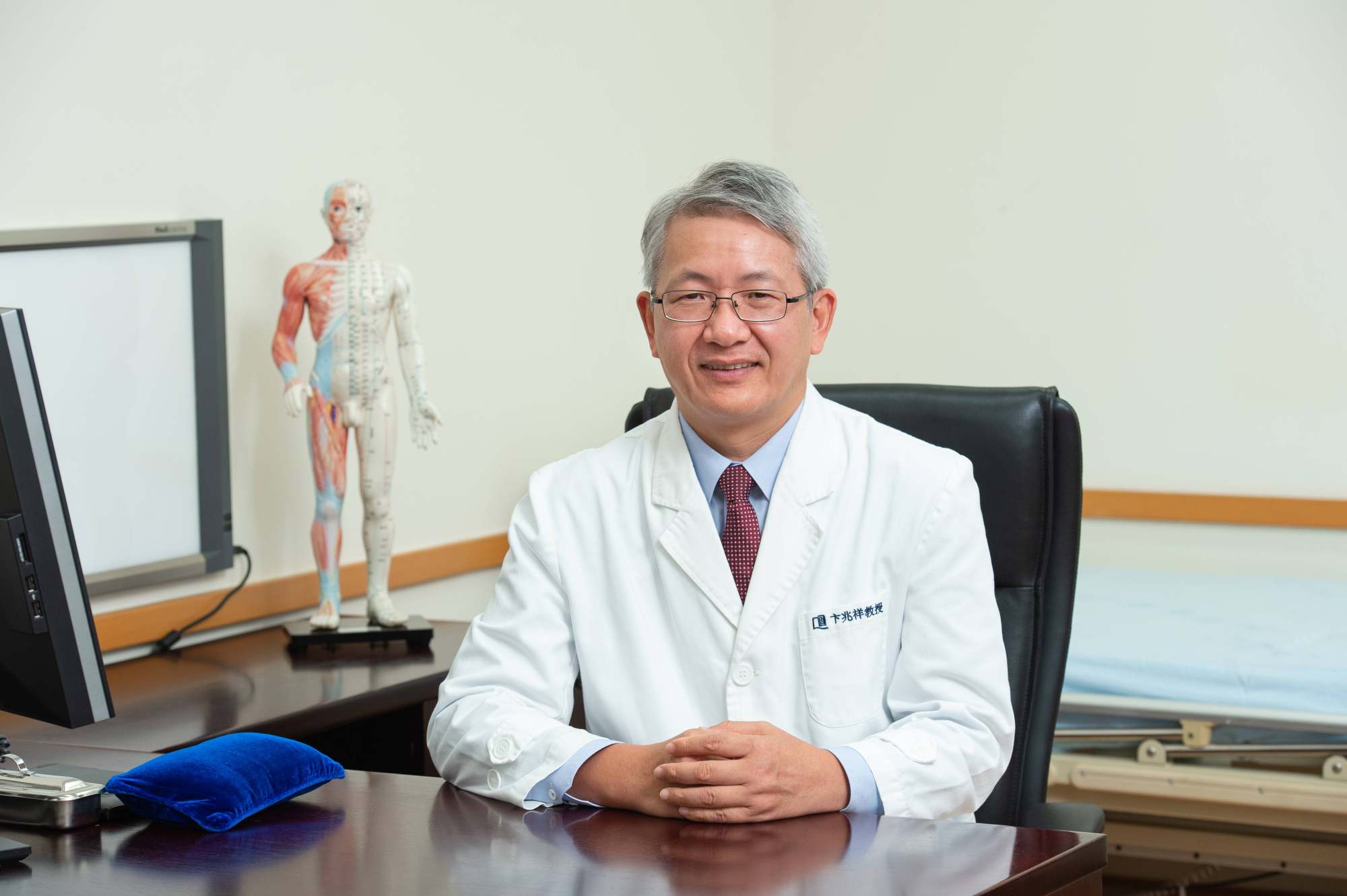
As Hong Kong pledged to further boost the development of Chinese medicine, both Bian and Feng agreed that the city had a good foundation in the field, paving the way for becoming a regional – or even global – hub for the discipline.
“The culture of Chinese medicine in Hong Kong is even stronger than on the mainland. It is common to see families making Chinese soups or drinking herbal tea, and these practices are even more widespread here,” Feng said.
He noted that the city had already put effort into pushing for Chinese medicine, such as establishing the Government Chinese Medicines Testing Institute. The Chinese Medicine Regulatory Office under the Department of Health is also one of the WHO Collaborating Centres for Traditional Medicine.
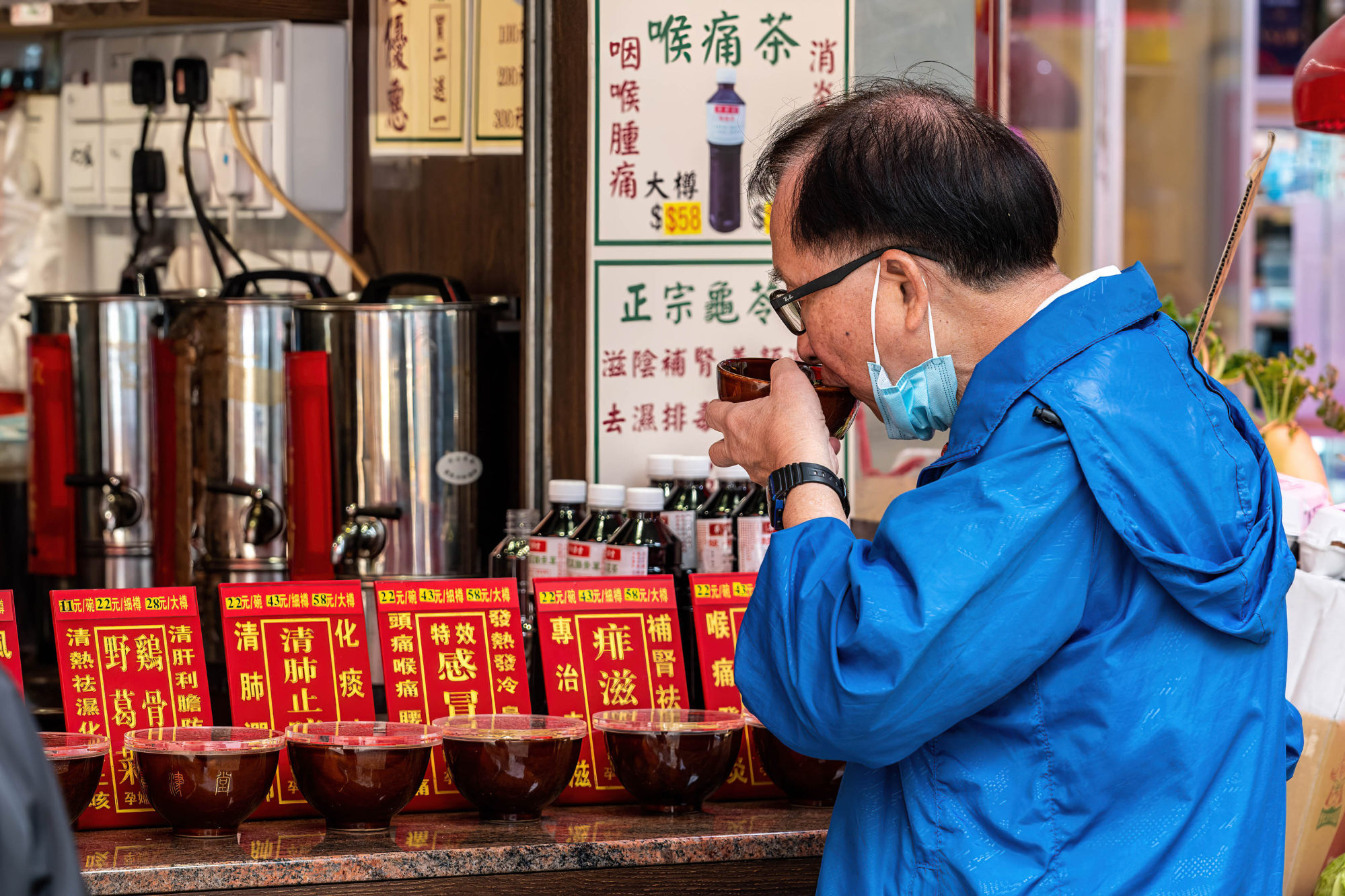
Riding on the opportunities brought by Covid-19, Bian said it would be high time for the sector to shine.
“[We] need to present more high-quality clinical evidence to convince the public and our fellows, including those in Western medicine, and show the clinical effects of Chinese medicine,” he said.
Accessibility to Chinese medicine could also be enhanced, if there were more publicly funded services at the primary-care level, he noted.
Looking ahead, Bian expressed “full confidence” in Hong Kong becoming a hub for Chinese medicine, given its connection with the mainland and its irreplaceable role in national integration projects such as the Belt and Road Initiative and the Greater Bay Area.
The commencement of the city’s first Chinese Medicine Hospital in Tseung Kwan O in 2025, to be operated by Baptist University, would also be a boon.
“The Chinese Medicine Hospital would be a flagship institution for medical care, education and research. It would be a big help to the sector,” Biam said.

